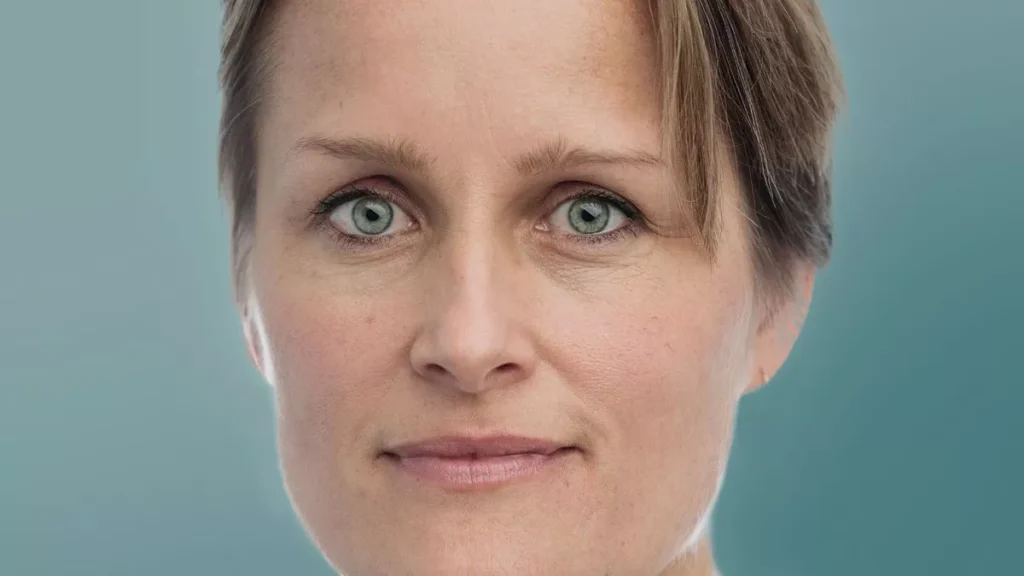
Unveiling Tina: Peter Lindbergh’s Unseen Photographs Reveal The Woman Behind The Diva
A New Taschen Book Offers An Intimate Glimpse Into The Soul Of A Global Icon, Captured Through A Master Photographer’s Lens.
by Ari Stendhelder 16 June 2025
Tina Turner. The name alone evokes an explosion of energy, a voice that could crack mountains, and a stage presence that commanded legions. She was the undisputed Queen of Rock & Roll, a symbol of unyielding power and resilience. Yet, behind the electrifying performances, the dazzling costumes, and the carefully crafted persona of the global superstar, existed a woman of profound depth, quiet strength, and compelling vulnerability. A new photographic book from Taschen promises to pull back the curtain, offering an unprecedented glimpse into this private world through the intimate, often unseen, lens of the late, great Peter Lindbergh. This collection isn’t merely a tribute to a music legend; it’s an evocative exploration of the woman behind the diva, inviting us to discover the true essence of Tina Turner through Lindbergh’s unparalleled ability to capture the human soul.
This meticulously curated volume transcends typical celebrity photography. It stands as a testament to the unique synergy between a photographer renowned for stripping away artifice and a subject whose life journey was a testament to raw, unvarnished truth. The book promises to redefine our understanding of one of the 20th century’s most enduring icons, revealing facets of her character that only a master like Lindbergh could perceive and immortalize.
Beyond The Spotlight: The Enduring Allure of Tina Turner
Tina Turner’s journey from humble beginnings in Nutbush, Tennessee, to global superstardom is a narrative of extraordinary triumph over adversity. Her stage presence was an almost elemental force, a raw, kinetic energy that mesmerized audiences worldwide. Songs like “Proud Mary” and “What’s Love Got to Do with It” became anthems of empowerment, propelled by her distinctive voice and electrifying performance style. She embodied strength, a phoenix rising from the ashes of personal struggle to claim her rightful place as a musical titan.
Yet, for all her public power, there was always an underlying sense of a woman who had lived deeply, felt profoundly, and carried a wisdom gleaned from immense challenge. The “diva” was a role she played with unparalleled skill, but it was just that—a role. The enduring allure of Tina Turner lies not only in her musical prowess but also in the quiet dignity and resilience of the woman who navigated immense personal turmoil before reclaiming her narrative and finding profound peace. It is this authentic, often unseen, self that the new Taschen book strives to illuminate, offering an intimate counterpoint to the dazzling public image.

Peter Lindbergh: A Lens For The Soul
To truly understand why Peter Lindbergh was the perfect artist to reveal the “woman behind the diva,” one must first grasp his unique photographic philosophy. Lindbergh, the visionary German photographer, revolutionized fashion photography by rejecting the glossy artifice and heavy retouching prevalent in the industry. He famously championed natural beauty, opting for stark black and white imagery, raw textures, and an unflinching focus on the subject’s innate character and emotion. For Lindbergh, the essence of a person was not found in perfect styling or flawless skin, but in the honesty of their gaze, the lines of their experience, and the vulnerable spirit they presented.
His lens had a rare ability to peel back layers, to look beyond the celebrity façade and connect directly with the human being beneath. He wasn’t interested in superficial glamour; he sought truth. This approach made him profoundly suited to photograph Tina Turner. While other photographers might have focused on her dynamic stage presence or her bold fashion choices, Lindbergh would have been drawn to the quiet strength in her eyes, the wisdom etched into her smile, and the raw authenticity that was intrinsically woven into her very being. His photographs are not just images; they are profound dialogues with the soul, making him the ideal artist to capture the complex, resilient woman who existed independently of the global phenomenon.
Capturing The Unseen: The Power of Unpublished Images
The promise of a new book featuring “fotografie inedite”—unpublished photographs—of Tina Turner is nothing short of electrifying. In an age saturated with readily available images, the concept of genuinely unseen moments with such a monumental figure holds immense power. These aren’t simply outtakes; they are glimpses into a private space, moments of quietude, reflection, or raw emotion that were deemed too intimate for public consumption at the time, or perhaps simply overshadowed by her more flamboyant public persona.
These unseen images promise to offer new narratives, allowing us to witness Tina Turner in unguarded instances—perhaps without the stage makeup, the signature wigs, or the performing smile. They could reveal the fatigue after a strenuous tour, the serene peace found in moments of spiritual contemplation, or the playful joy shared with a trusted friend. Through Lindbergh’s lens, these photographs become profound portals, inviting viewers to experience the authentic Anna Mae Bullock – the resilient survivor, the spiritual seeker, the woman who found peace and love later in life. They are powerful testaments to the human spirit, captured with a deep respect that only a master like Lindbergh could consistently achieve, offering a fresh, vital perspective on a beloved icon.
The Narrative of Resilience Through Stillness
Tina Turner’s life story is a compelling narrative of resilience, a testament to her unyielding spirit in the face of profound adversity. She navigated early career struggles, a notoriously abusive marriage, and financial ruin, only to emerge stronger, more authentic, and ultimately, triumphant. While her stage shows projected an outward force, it was her inner strength, forged through fire, that truly defined her. Peter Lindbergh’s photographs have a unique ability to convey this resilience not through action, but through stillness.
His characteristic black and white portraits often captured a profound sense of calm and introspection, allowing the subject’s true character to shine without distraction. In Tina Turner’s case, this means portraying her strength not as an aggressive burst of energy, but as a deep, ingrained fortitude—a quiet, unwavering power that emanated from within. Lindbergh could capture the wisdom in her eyes, the dignity in her posture, and the grace born from countless trials. These images would speak volumes about her journey of self-discovery and empowerment, showcasing how she carried her past not as a burden, but as a source of profound wisdom. Through his lens, Tina’s story of triumph gains new layers, revealing the quiet power of a soul that refused to be broken.
Taschen’s Vision: Curating A Legacy
The choice of Taschen as the publisher for this monumental collection is a significant factor in its anticipated impact. Taschen is not merely a book publisher; it is an institution renowned globally for its commitment to producing exquisitely designed, high-quality art, photography, and cultural books. Their publications are known for their meticulous attention to detail, luxurious production values, and the sheer visual richness of their content. A Taschen book is often an art object in itself, crafted to be treasured.
This collaboration suggests that the project goes far beyond a simple retrospective. Taschen’s vision aligns perfectly with the goal of presenting Tina Turner’s legacy through a refined, artistic lens. Their curation process ensures that each photograph is carefully selected and presented, allowing Lindbergh’s artistry to shine while honoring Tina Turner’s incredible presence. The format, likely a substantial coffee-table book, ensures that each image can be appreciated for its detail and emotional depth, transforming the act of viewing into an immersive experience. This partnership elevates the collection from a mere photo album to a definitive visual biography, a testament to the enduring power of both Tina Turner’s humanity and Peter Lindbergh’s unique artistic vision.
Tina’s Legacy Through A New Lens
This new photographic collection, featuring Peter Lindbergh’s previously unseen images of Tina Turner, offers much more than a nostalgic look back at a music icon. It provides a fresh, vital lens through which to understand the woman who became a global phenomenon. By focusing on the authentic, unadorned moments captured by Lindbergh’s unique vision, the book promises to peel back the layers of performance and celebrity, revealing the raw humanity, quiet strength, and profound wisdom that defined Tina Turner.
It is a profound visual biography that deepens our appreciation for her resilience, her spiritual journey, and her unwavering authenticity. The collection stands as a powerful testament to the enduring power of both Lindbergh’s artistry and Turner’s undeniable charisma, inviting us to not just remember the diva, but to truly know the woman. In doing so, it solidifies Tina Turner’s legacy not just as a musical powerhouse, but as an icon of the human spirit, viewed through the deeply empathetic and truthful gaze of a master photographer.
#TinaTurner #PeterLindbergh #PhotographyBook #Taschen #WomanBehindTheDiva #MusicIcon #Culture #UnseenPhotos #Legacy #ArtisticPortrait








